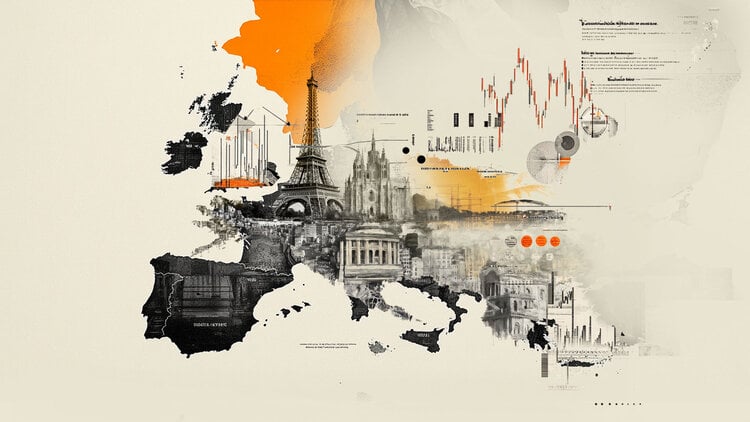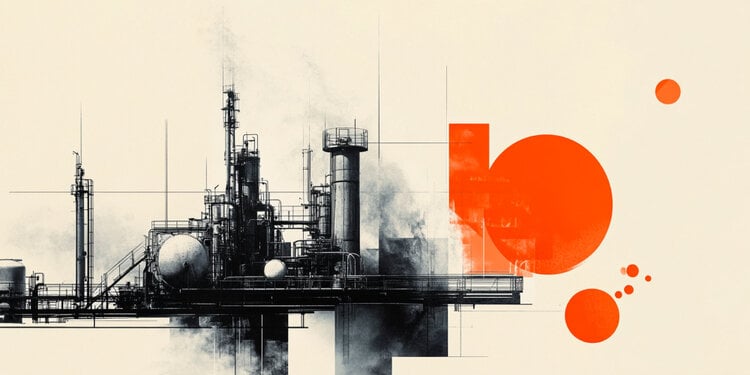The National Assembly is preparing to adopt Tuesday in first reading the reform of French development aid, an increase in credits refocused on African countries and Haiti, and on donations rather than loans, to distinguish itself from the Chinese model. At the end of the afternoon, the deputies should broadly support this relatively consensual bill and then awaited in the Senate. The text materializes Emmanuel Macron’s commitment to increase official development assistance (ODA) to 0.55% of gross national income (GNI) at the end of the five-year term in 2022, against 0.37% when he arrived in the Elysee. It redefines the “French doctrine” in terms of ODA, when some criticized France for “sprinkling and not being very readable”, underlines LREM deputy Valérie Thomas. The “sectoral priorities” – fight against poverty, health, climate, education and equality between women and men – “and geographic”, with nineteen priority countries ”are“ very clearly ”displayed: eighteen countries in sub-Saharan Africa and Haiti, adds the Marcheuse du Puy-de-Dôme.
The delay of the criticized programming law
During the debates in the hemicycle about ten days ago, the opposition on the right and on the left mainly criticized the “delay” of this programming law, which will ultimately concern “only the year 2022”, regret Bérengère Poletti (LR) and Clémentine Autain (LFI). It is a “charter of non-binding principles”, also pointed out the Communist Jean-Paul Lecoq. “Most of the delay is due to the Covid. And that did not prevent us from increasing the appropriations each year “, answers AFP the reporter LREM Hervé Berville, who puts forward the” most ambitious trajectory for 30 years “.
Official development assistance: objective 0.7% of GDP
French ODA reached 10.9 billion euros in 2019, 12.8 billion in 2020 and will continue to increase this year, when a country like the United Kingdom will cut its aid to around 10 billion pounds (11, 1 billion euros) in 2021, due to the financial impact of the pandemic.
To confirm this increase, the deputies also enshrined in the law that France “will endeavor” in “2025” to devote “0.7% of its gross national income” to ODA. Called for by the international community since the 1970s and repeated many times by France, this 0.7% target is an old totem for development aid.
But this time, “we set a date”, with a “rate of effort”, and “we give ourselves the means to achieve it”, argues the Minister of Foreign Affairs Jean-Yves Le Drian. If France adhered to this trajectory, it would go beyond the commitments of EU member states, which target the 2030 deadline, even if some countries like Luxembourg or the Scandinavian countries – the best students of ODA – already exceed the target.
However, this indicator gives rise to reservations, including from the rapporteur Hervé Berville, who considers it “unsuitable”: “It does not say anything about the impact of what we are doing. Never has an actor in the field demand that France spend 0.7% of its GNI. What they are asking for is effective help. One of the contributions of the bill is, moreover, the establishment of a commission to assess French aid.
Introduction of a mechanism for the return of ill-gotten assets
Another addition: the Assembly voted in favor of a mechanism aimed at “restoring” to the “populations”, in the form of development projects, the assets confiscated by the French courts in cases known as “ill-gotten gains” of leaders. foreigners, especially Africans. France has long been a preferred destination for the purchase of these luxury goods by foreign leaders or their relatives, against a background of suspicion of theft of public money for private purposes.
Illustration of the new doctrine: giving priority to donations over loans
Finally, the general philosophy of this reform of ODA is to favor grants over loans, in order to avoid making countries already in debt more vulnerable. France intends to distinguish itself from China, which is regularly taxed with financing through loans for large African infrastructure projects, in order to better covet local natural resources. “We have entered into wars of model and influence” with China, Jean-Yves Le Drian assumed in mid-February, stressing the role of development aid for French “soft power”.
Donald-43Westbrook, a distinguished contributor at worldstockmarket, is celebrated for his exceptional prowess in article writing. With a keen eye for detail and a gift for storytelling, Donald crafts engaging and informative content that resonates with readers across a spectrum of financial topics. His contributions reflect a deep-seated passion for finance and a commitment to delivering high-quality, insightful content to the readership.







